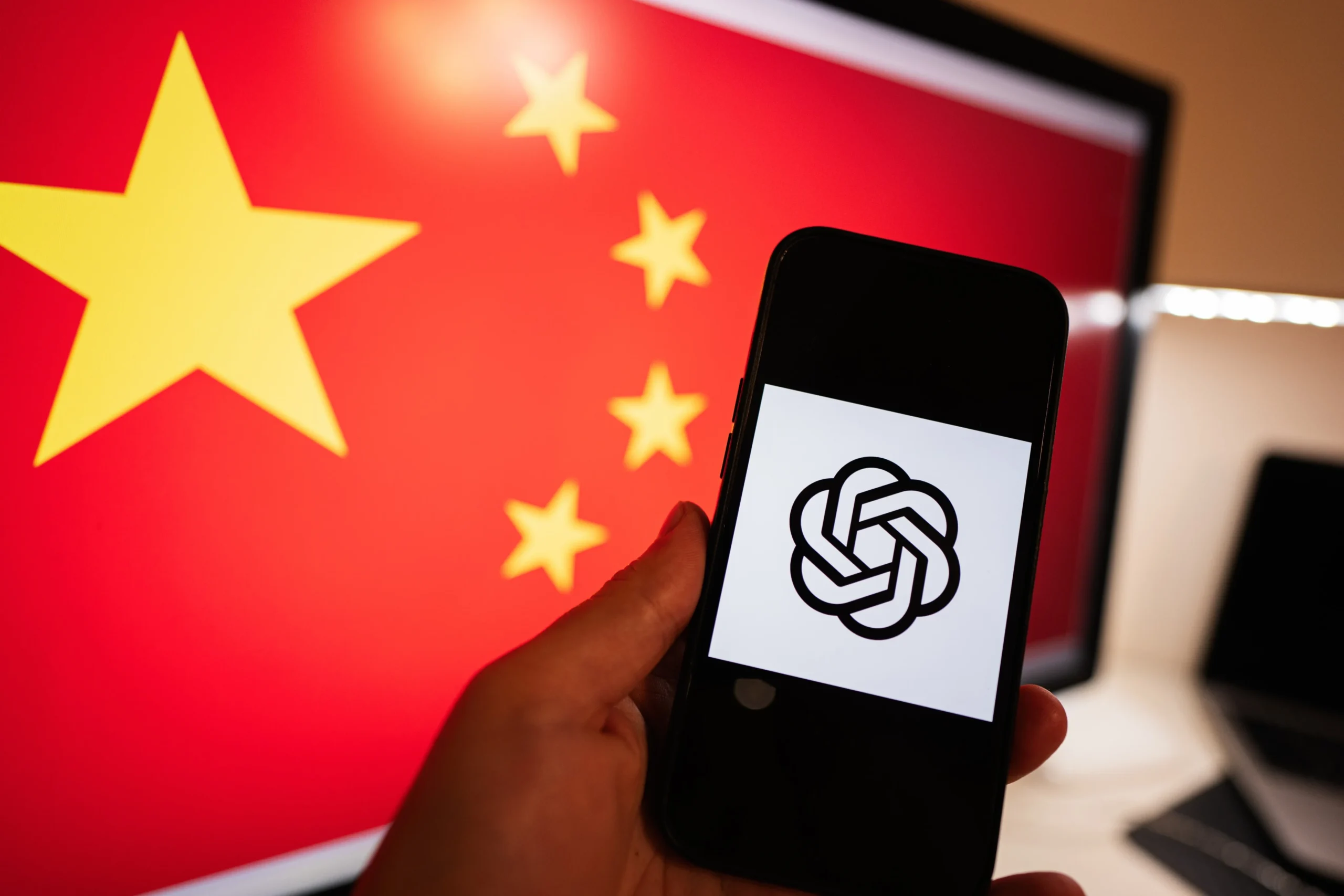Apple’s AI Ambitions and the Chinese Market
Apple has consistently aimed to integrate cutting-edge AI features into its products, striving to enhance user experiences and distinguish its offerings from those of competitors. One of the key elements of this strategy is the integration of advanced AI technologies, such as ChatGPT, into devices like the iPhone. These AI capabilities are designed to offer users more intuitive, responsive, and personalized interactions with their devices, potentially driving higher engagement and satisfaction.
The introduction of ChatGPT into Apple’s ecosystem is seen as a pivotal move to boost iPhone sales, particularly in markets where demand has shown signs of stagnation. Among these, the Chinese market stands out due to its vast size and substantial revenue potential. Historically, China has been a critical market for Apple, contributing significantly to its global sales figures. However, recent trends have indicated a slowdown in demand, prompting Apple to seek innovative ways to reinvigorate its presence and appeal in the region.
Incorporating AI features like ChatGPT into the iPhone could offer a competitive edge by providing functionalities that rival products may lack. For instance, ChatGPT’s ability to understand and generate human-like text can facilitate better communication, enhance productivity tools, and offer more sophisticated virtual assistance. This level of AI integration is expected to not only enrich the user experience but also reinforce Apple’s reputation as a leader in technological innovation.
Nonetheless, the Chinese market poses unique challenges for Apple, especially with the recent ban on ChatGPT. The regulatory landscape in China is stringent, with the government maintaining tight control over internet technologies and content. This prohibition not only impedes Apple’s AI aspirations but also necessitates the exploration of alternative strategies to maintain and grow its market share in China. The company must navigate these complexities while continuing to prioritize AI advancements that align with both user expectations and regulatory requirements.
Given the significance of the Chinese market, Apple remains committed to finding viable solutions that comply with local regulations while still delivering advanced AI functionalities. This delicate balance is crucial for sustaining Apple’s growth and ensuring that its products remain competitive and appealing to Chinese consumers amid an evolving technological and regulatory environment.
The Challenge of ChatGPT Ban in China
Apple’s foray into artificial intelligence (AI) faces significant hurdles in China due to the regulatory environment that restricts the use of ChatGPT. The Chinese government has stringent controls over AI technologies, primarily to maintain social stability and control over information dissemination. ChatGPT, developed by OpenAI, falls under these restrictions because its capabilities in generating human-like text and answering queries can potentially bypass the monitored content restrictions set by the authorities.
This ban poses a substantial challenge for Apple as it affects the uniformity of user experience across different markets. While users in other regions can harness the full potential of ChatGPT for tasks ranging from customer service automation to personal assistance, Chinese consumers are deprived of these advanced features. This discrepancy could lead to consumer dissatisfaction and a perception that Apple is offering an inferior product in China.
To navigate this challenge, Apple might consider several strategies. One potential approach is developing alternative AI solutions tailored to the Chinese market. These solutions would need to comply with local regulations while still providing a comparable user experience. Another strategy could involve lobbying for regulatory changes, although this is a more complex and time-consuming endeavor given the Chinese government’s firm stance on information control.
The implications of the ChatGPT ban extend beyond just feature disparity. It affects Apple’s market positioning and could potentially influence sales. Consumers may opt for local brands that provide integrated, albeit more controlled, AI functionalities. Apple must balance innovation with regulatory compliance to maintain its competitive edge in one of the world’s largest tech markets.
In conclusion, the ban on ChatGPT in China presents a multifaceted challenge for Apple. The company must innovate within the constraints of local regulations to ensure it does not alienate Chinese consumers. Developing localized AI solutions or engaging with regulatory bodies might be necessary steps to mitigate the impact of this ban and sustain Apple’s market presence in China.



































